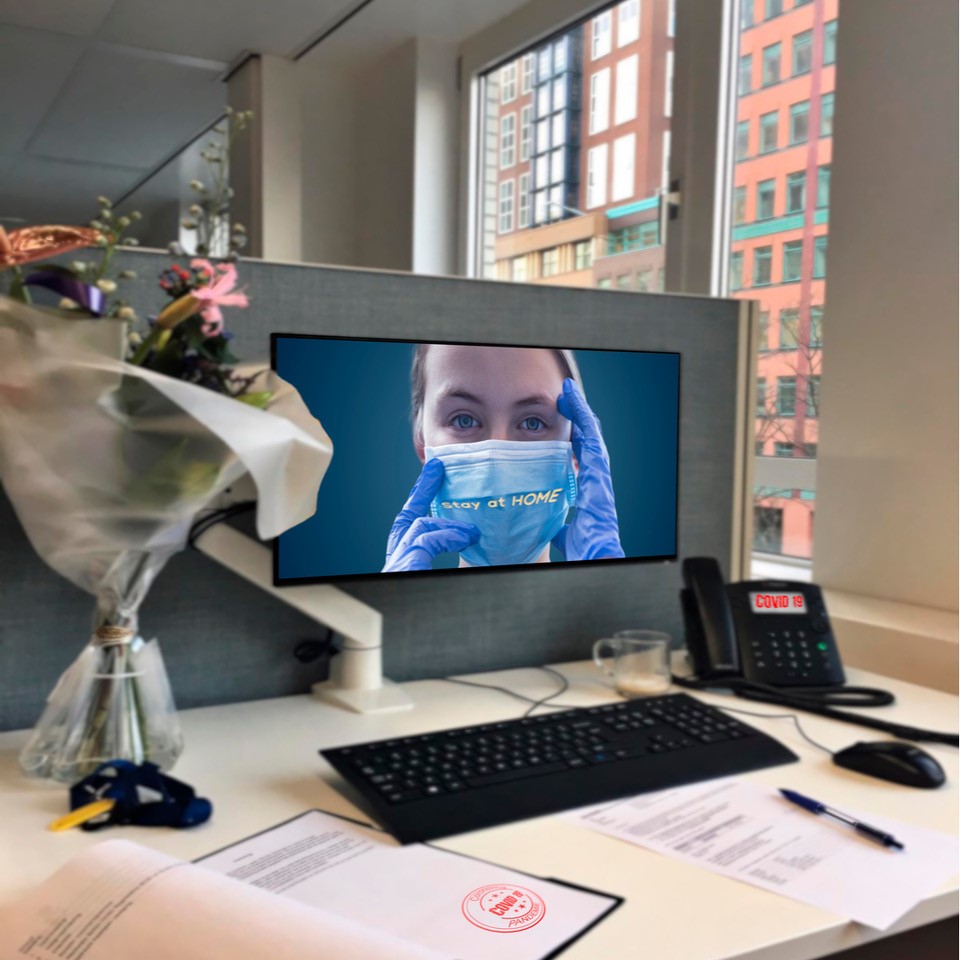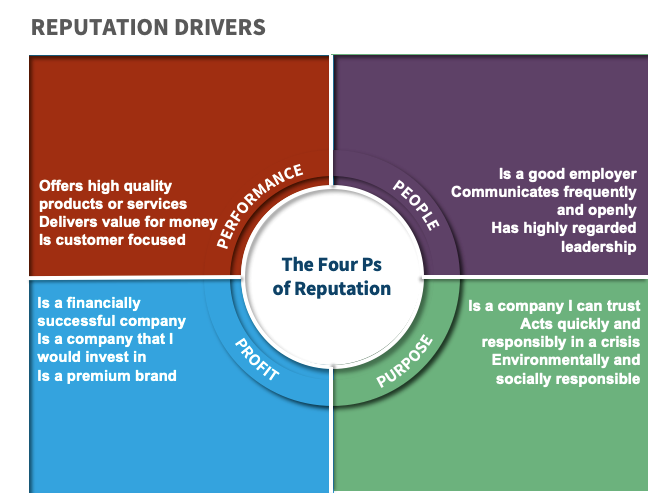For an infographic summary of the research, click on the image below
The Future for Workers, By Workers
What is the future of the office now?
We found employer trust is vital for workers to feel positive about returning to the workplace
68% per cent of workers trust their employers to make the right decisions about work and health when returning to the workplace post-COVID-19 restrictions.

A dramatic workforce transformation is happening in front of our eyes. COVID-19 began as a health crisis and is playing out as an economic crisis and a social crisis. Work literally left the building, and whole industries are disrupting at speeds never seen before.
To find out how COVID-19 is accelerating What Workers Want, ManpowerGroup, in partnership with Reputation Leaders, asked 8000 people in 8 countries about The Future for Workers, By Workers. The fieldwork ran from June 1 to June 16, 2020, with 1000 workers in each of France, Germany, Italy, Mexico, Singapore, Spain, UK and USA in local languages.
As lockdowns lift and restrictions ease, nearly all (94%) of workers say they have concerns about going back to the workplace, but only 5% say they don’t want to go back. Workers want to feel reassured that health, safety and wellbeing come first when returning to the workplace. Across the world, workers want employers to ensure unwell workers stay home (75%), enforce strict hygiene policies (74%), and communicate clearly on how health will be protected before workers return to the workplace (73%).
Trust and transparency have never been more critical, and the best employers know they need data and insight to instill confidence. Three in five (62%) who trust their employers to make the right work and health decisions are likely to feel positive about returning to the workplace.
Overall, 43% of workers agree that the crisis marks the end of the full-time work (9-5pm) in the office, and 50% of those who agree feel happy about that fact. Most prefer 2-3 days/week in the workplace.
Our studies, as well as others, show that the real test for whether a company is socially and ethically responsible is how well they treat their employees. A good employer reputation starts with listening, and many employers are rethinking the future of work and remote working in light of reduced office costs, employee productivity and benefits. Enlightened employers are adopting a flexible hybrid approach to suit. For more on building employer reputation, see our reputation advantage page.




